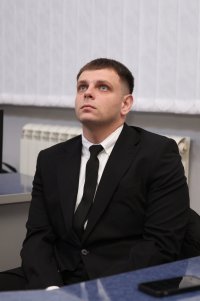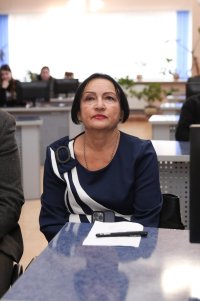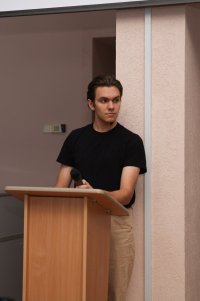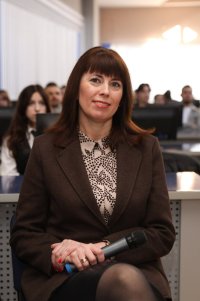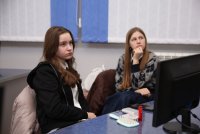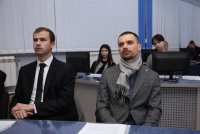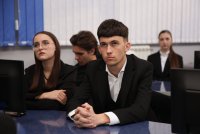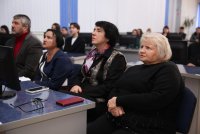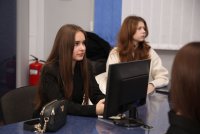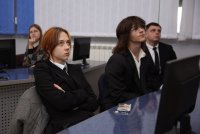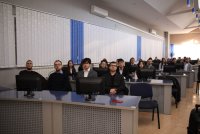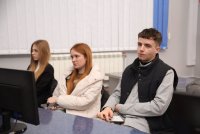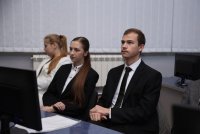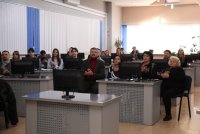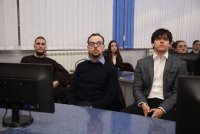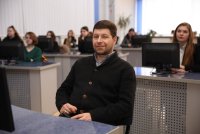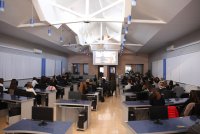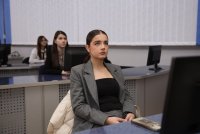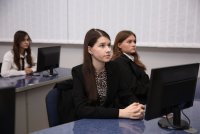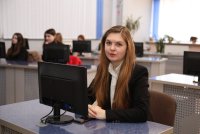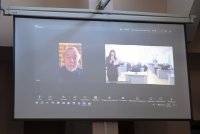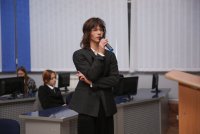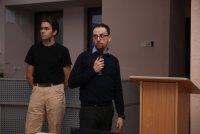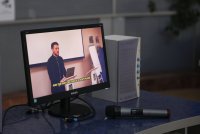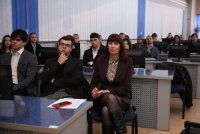Simulation game ‘Negotiations for Peace: The Philosophy of Dialogue in Wartime’ with the participation of foreign partners of WUNU
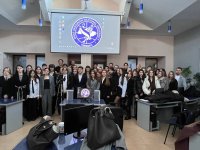 Serhiy Konoval Department of Political Science and Philosophy at the B. Havrylyshyn Education and Research Institute of International Relations of WUNU hosted a training simulation game entitled ‘Negotiations for Peace: The Philosophy of Dialogue in Wartime.’
Serhiy Konoval Department of Political Science and Philosophy at the B. Havrylyshyn Education and Research Institute of International Relations of WUNU hosted a training simulation game entitled ‘Negotiations for Peace: The Philosophy of Dialogue in Wartime.’
The game was moderated by Myroslava Huryk, Associate Professor of the Department.
The invited speakers were: Paul Mertz, Master of Arts and Doctor of Philosophy from Leiden University, co-founder of the International Negotiation Training Programme; Professor Hans Schulte-Nölke, member of Academia Europaea and the American Law Institute, Doctor Honoris Causa of West Ukrainian National University, Head of the Department of Civil Law, European Private and Commercial Law, Comparative Law and European Legal History at the University of Osnabrück.
The event was attended by students and postgraduates majoring in Political Science, as well as pupils from the Ivan Franko Ukrainian Academic Lyceum in Ternopil and Ternopil Secondary School No. 3 with in-depth study of foreign languages. The participants were divided into three teams, each of which formed Ukrainian, Russian and Turkish delegations. Negotiations took place between the delegations, during which the parties put forward demands, discussed controversial issues, sought compromises and modelled real diplomatic processes.
After the discussions, the teams presented a joint communiqué summarising the results of the negotiations. Commenting on the participants' work, Paul Mertz noted their deep understanding of the international climate, their ability to argue their position and defend it consistently. He also shared his own vision of the demands put forward by the parties and the results of the negotiations, emphasising the participants' ability to represent the different sides of the conflict in a professional manner. This approach provides a deeper understanding of the specifics of the Russian-Ukrainian war in the diplomatic dimension.
The meeting was a valuable opportunity for participants to demonstrate their negotiation skills. Thank you to Paul Mertz, Hans Schulte-Nölke and all participants for taking part!

